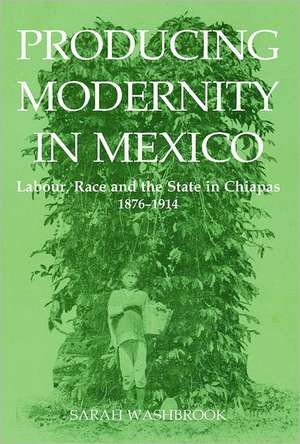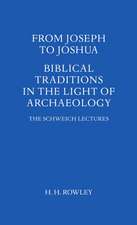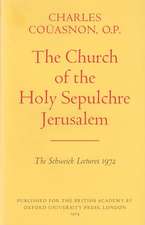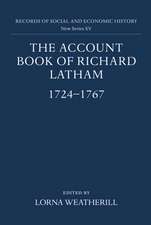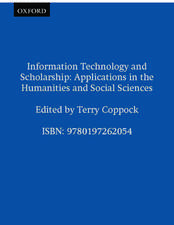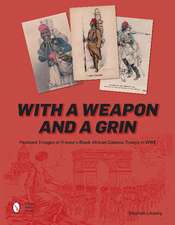Producing Modernity in Mexico: Labour, Race, and the State in Chiapas, 1876-1914: British Academy Postdoctoral Fellowship Monographs
Autor Sarah Washbrooken Limba Engleză Hardback – 26 ian 2012
Din seria British Academy Postdoctoral Fellowship Monographs
- 27%
 Preț: 378.26 lei
Preț: 378.26 lei - 18%
 Preț: 321.77 lei
Preț: 321.77 lei - 18%
 Preț: 323.41 lei
Preț: 323.41 lei - 23%
 Preț: 749.30 lei
Preț: 749.30 lei - 27%
 Preț: 413.07 lei
Preț: 413.07 lei - 27%
 Preț: 377.45 lei
Preț: 377.45 lei - 27%
 Preț: 376.71 lei
Preț: 376.71 lei - 27%
 Preț: 505.73 lei
Preț: 505.73 lei - 27%
 Preț: 384.23 lei
Preț: 384.23 lei - 30%
 Preț: 575.44 lei
Preț: 575.44 lei - 27%
 Preț: 470.95 lei
Preț: 470.95 lei - 27%
 Preț: 411.63 lei
Preț: 411.63 lei - 34%
 Preț: 544.22 lei
Preț: 544.22 lei - 27%
 Preț: 378.51 lei
Preț: 378.51 lei - 30%
 Preț: 664.88 lei
Preț: 664.88 lei - 27%
 Preț: 379.88 lei
Preț: 379.88 lei - 27%
 Preț: 472.29 lei
Preț: 472.29 lei - 33%
 Preț: 549.36 lei
Preț: 549.36 lei - 27%
 Preț: 379.03 lei
Preț: 379.03 lei - 31%
 Preț: 501.82 lei
Preț: 501.82 lei - 27%
 Preț: 378.02 lei
Preț: 378.02 lei - 30%
 Preț: 518.68 lei
Preț: 518.68 lei - 30%
 Preț: 547.26 lei
Preț: 547.26 lei - 27%
 Preț: 440.36 lei
Preț: 440.36 lei - 30%
 Preț: 607.07 lei
Preț: 607.07 lei - 30%
 Preț: 575.33 lei
Preț: 575.33 lei
Preț: 516.73 lei
Preț vechi: 734.92 lei
-30% Nou
Puncte Express: 775
Preț estimativ în valută:
98.88€ • 105.73$ • 82.44£
98.88€ • 105.73$ • 82.44£
Carte disponibilă
Livrare economică 17-22 martie
Preluare comenzi: 021 569.72.76
Specificații
ISBN-13: 9780197264973
ISBN-10: 0197264972
Pagini: 400
Ilustrații: 30 halftones, 5 maps
Dimensiuni: 162 x 240 x 25 mm
Greutate: 0.85 kg
Editura: OUP OXFORD
Colecția OUP Oxford
Seria British Academy Postdoctoral Fellowship Monographs
Locul publicării:Oxford, United Kingdom
ISBN-10: 0197264972
Pagini: 400
Ilustrații: 30 halftones, 5 maps
Dimensiuni: 162 x 240 x 25 mm
Greutate: 0.85 kg
Editura: OUP OXFORD
Colecția OUP Oxford
Seria British Academy Postdoctoral Fellowship Monographs
Locul publicării:Oxford, United Kingdom
Notă biografică
Dr Sarah Washbrook (B.Soc. Sci., M.Phil., D.Phil.) studied Political Science and Sociology at the University of Birmingham before going on to complete a Master's degree in Latin American Studies and a D.Phil in Modern History at St Antony's College, Oxford. She is currently a British Academy postdoctoral research fellow at the University of Oxford
